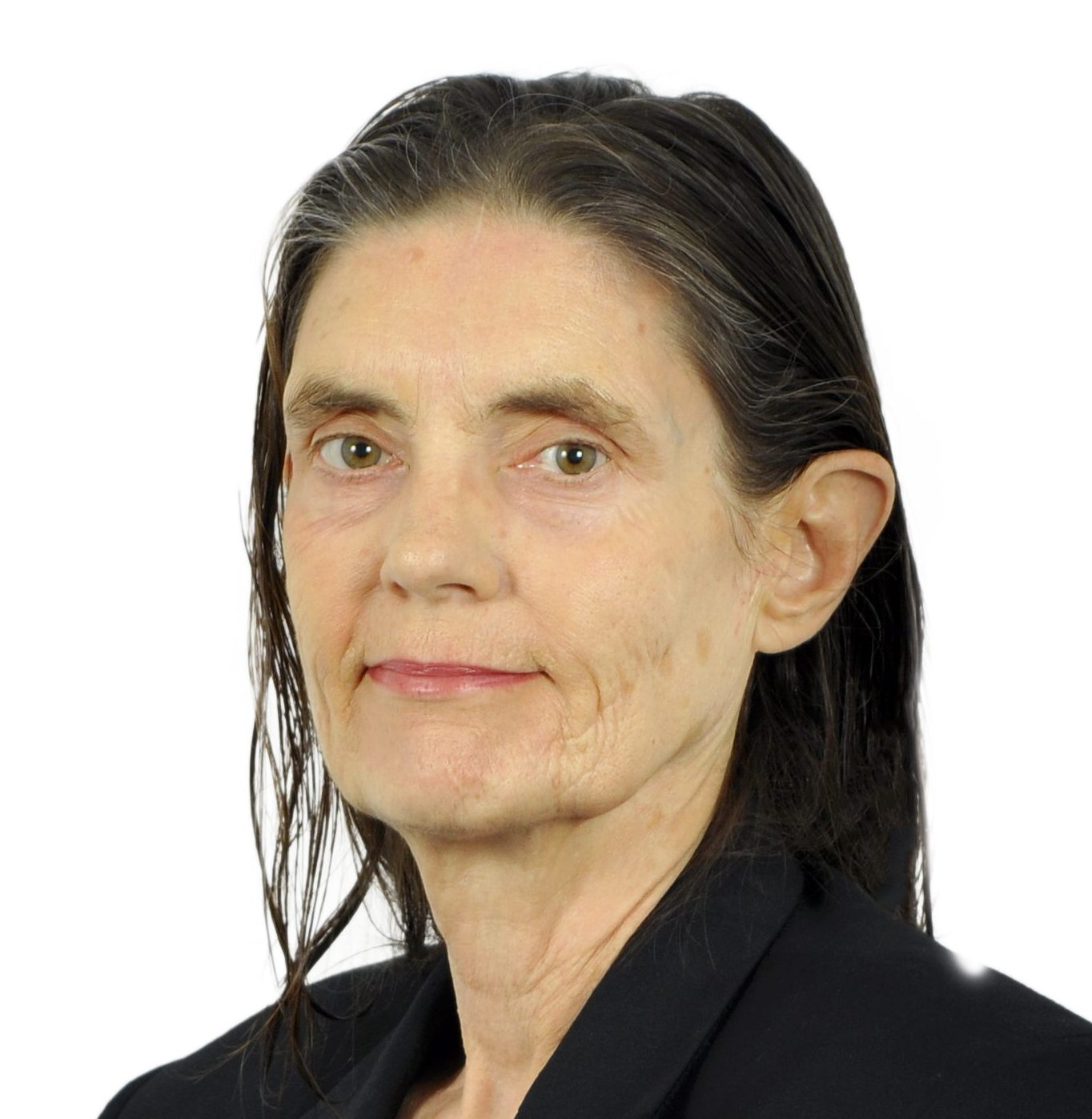S&P Global Offerings
Featured Topics
Featured Products
Events
S&P Global Offerings
Featured Topics
Featured Products
Events
S&P Global Offerings
Featured Topics
Featured Products
Events
Solutions
Capabilities
Delivery Platforms
News & Research
Our Methodology
Methodology & Participation
Reference Tools
Featured Events
S&P Global
S&P Global Offerings
S&P Global
Research & Insights
Solutions
Capabilities
Delivery Platforms
News & Research
Our Methodology
Methodology & Participation
Reference Tools
Featured Events
S&P Global
S&P Global Offerings
S&P Global
Research & Insights
S&P Global Offerings
Featured Topics
Featured Products
Events
Support
11 Dec 2023 | 07:56 UTC
Highlights
Oil, gas make up over 90% of Iraq's GDP
Emissions down 4% since 2020
Crude oil exports at 3.4 mil b/d
Iraq, OPEC's second-biggest oil producer, will not agree to a phasedown or phaseout of fossil fuels, while it has already begun with steps to reduce emissions, the adviser to Iraq's oil ministry told S&P Global Commodity Insights at the UN Climate Change Conference in Dubai on Dec. 11, one day before talks are supposed to end.
"We agree to phaseout emissions, phasedown emissions, not the fuel," Abdulbaqi Alsalait, energy adviser to the Iraq Ministry of Oil, said. When Iraq agreed to the Paris Agreement in 2015, it signed up for a 2% reduction in emissions from 2020 to 2030 and is already down 4%, he said.
Countries that are highly dependent on oil and natural gas for their economic growth are granted some exceptions to their climate goals, he said. "We need to take care of these countries that are highly dependent on oil and gas." Oil and gas make up more than 90% of Iraq's GDP, Alsalait said.
Alsalait also said Iraq intends to stick with OPEC because it has managed to stabilize oil markets even if production is being cut. "Each reduction will impact negatively our economy," he said. "We see that this behavior of OPEC is important to keep the price stable. We see that OPEC behavior is trying to keep the price balanced, not high, not low. Finally, we share with them the concern about the stability of the oil market." Iraq is currently exporting 3.4 million b/d of crude oil, with 80% from Basra Oil Company, with production at about 4.3 million b/d, he added.
This comes after OPEC warned its member countries that a phaseout of fossil fuels being negotiated at the COP28 would jeopardize their economies, and that any agreement should focus on emissions rather than targeting energy sources, S&P Global Commodity Insights reported earlier.
Iraq is focused on eliminating gas flaring by 2028 and reducing methane output by 30% by 2030 to achieve its decarbonization goals, Alsalait said. It is "impossible" for Iraq to eliminate methane output by 2030 as other oil and gas companies pledged early in the COP28 negotiations, he said.
"We are talking about methane abatement, as you know it's very important especially for this COP" as methane accounts for 30% of emissions in the world, he said. "It's a very important factor to abate methane."
All of the gas flaring currently emitted is from projects for new gas processing capacity from oil production, using the gas instead of emitting it into the air. Basra Gas, Shell and Mitsubishi have a venture, with Iraq owning 51% control, Shell 44% and Mitsubishi 5%, that this year started a project known as GL1 to capture 200 million cf/d of natural gas from oil production, reducing emissions by 6 million mt/year, he said.
The second phase known as GL2 will capture another 200 million cf/d, a third project called Halfaya will capture 300 million cf/d and a fourth project called Masiria will capture 200 million cf/d, all for the next year. The total capture of 700 million cf/d of gas flaring will reduce Iraq's emissions by 20 million mt/year, he said.
Iraq is also using carbon credits from nations that have exceeded their emission goals to finance emission-cutting projects, including a pilot project in east Baghdad to gather 12 million cf/d of gas and refine it into dry gas for power generation, he said. Norway, Canada and two local companies are bidding for this project which may close by the end of this year, he said.
Alsalait is in charge of the oil ministry's decarbonization efforts, and he is working on a net-zero target for Iraq "not far" from the middle of this century, he said. "I will do my best to do the year before 2050." The country has not officially declared a net-zero target date. "The decarbonization in Iraq will be the avoidance much more than the sequestering" of emissions, he said. Carbon capture is "very expensive" and not a solution for Iraq, he said.
Iraq is also planning to add 12 GW of renewable power, largely solar, by 2030. Contracts have been signed with UAE renewables company Masdar, TotalEnergies and China's power company for the first stage and new contracts for the second stage are about to be signed, he said.

